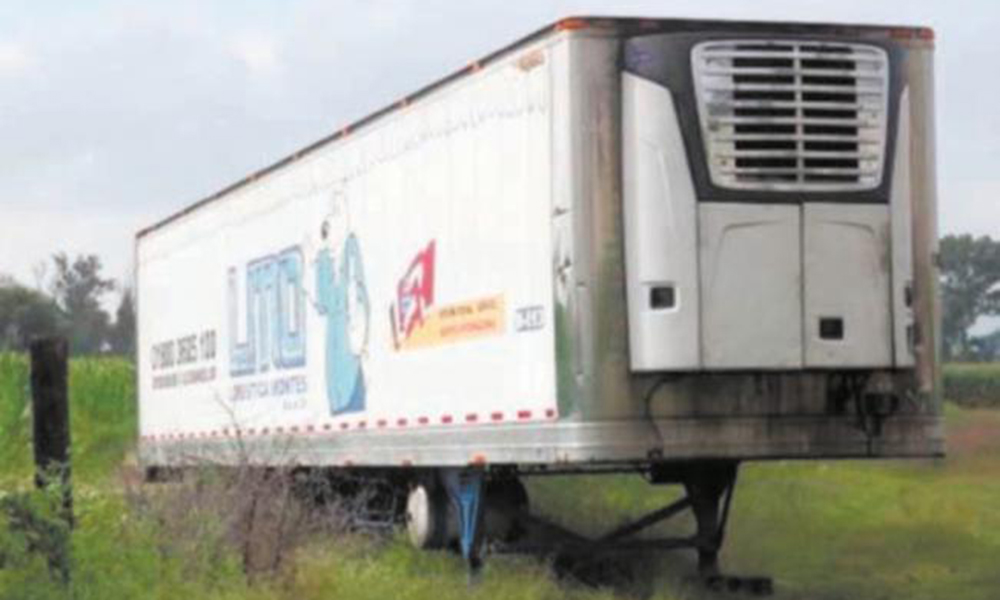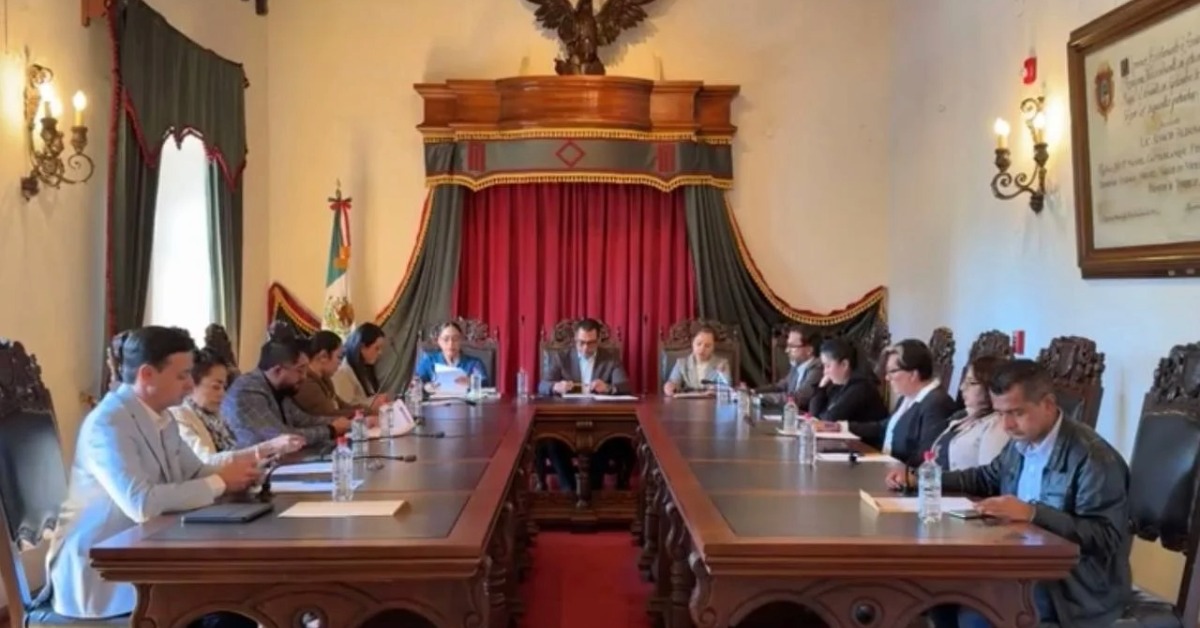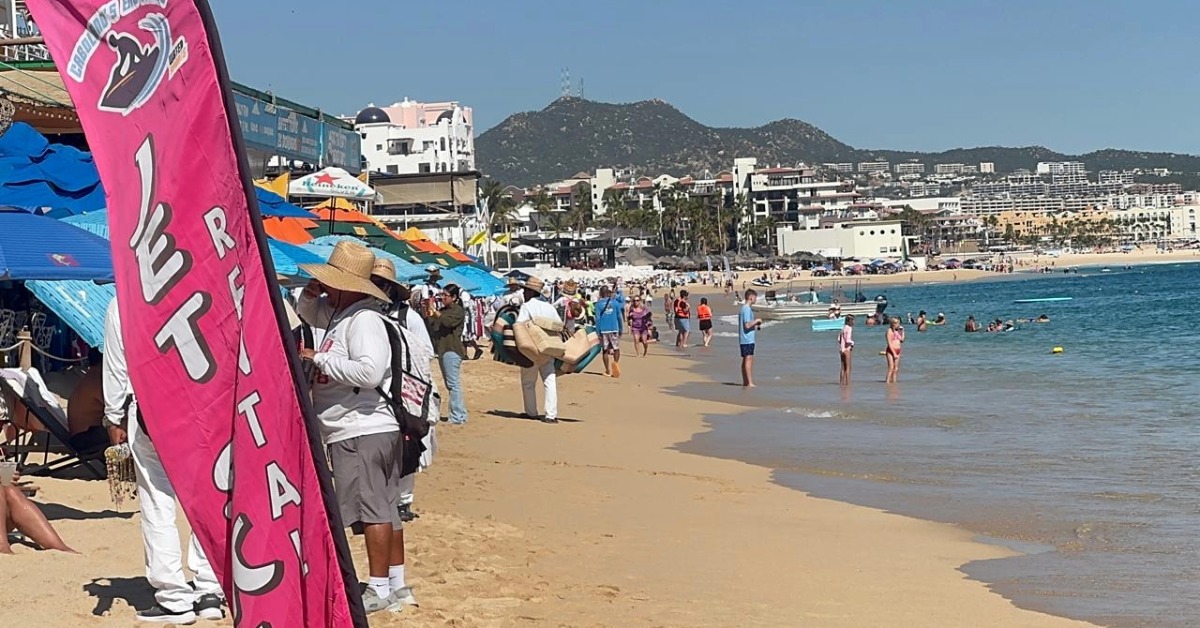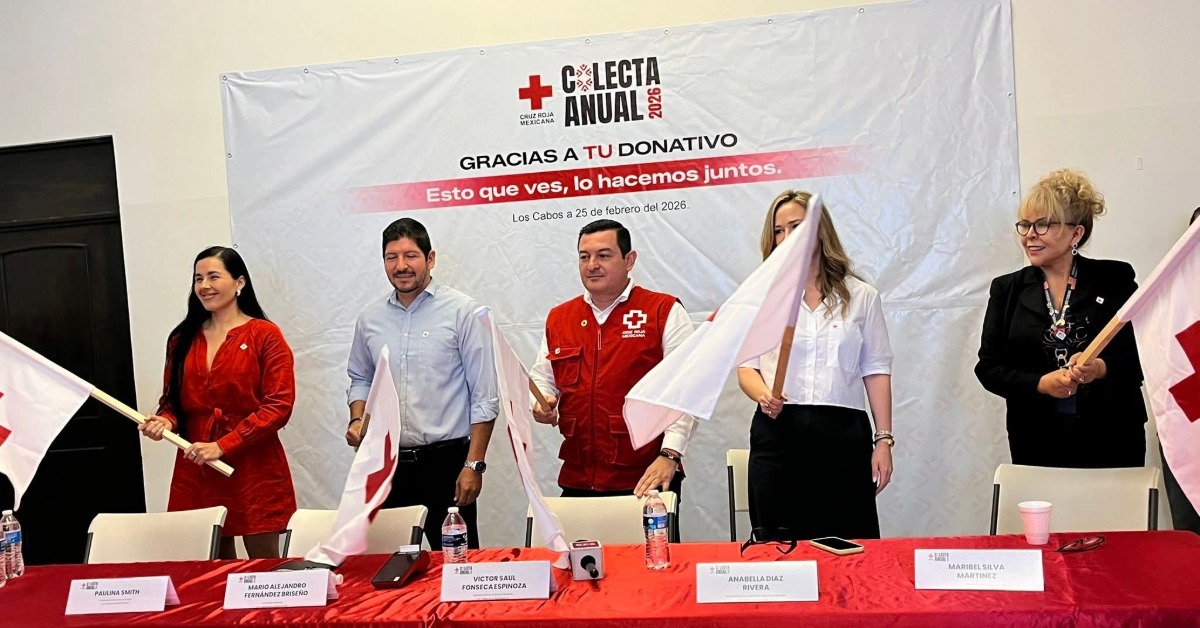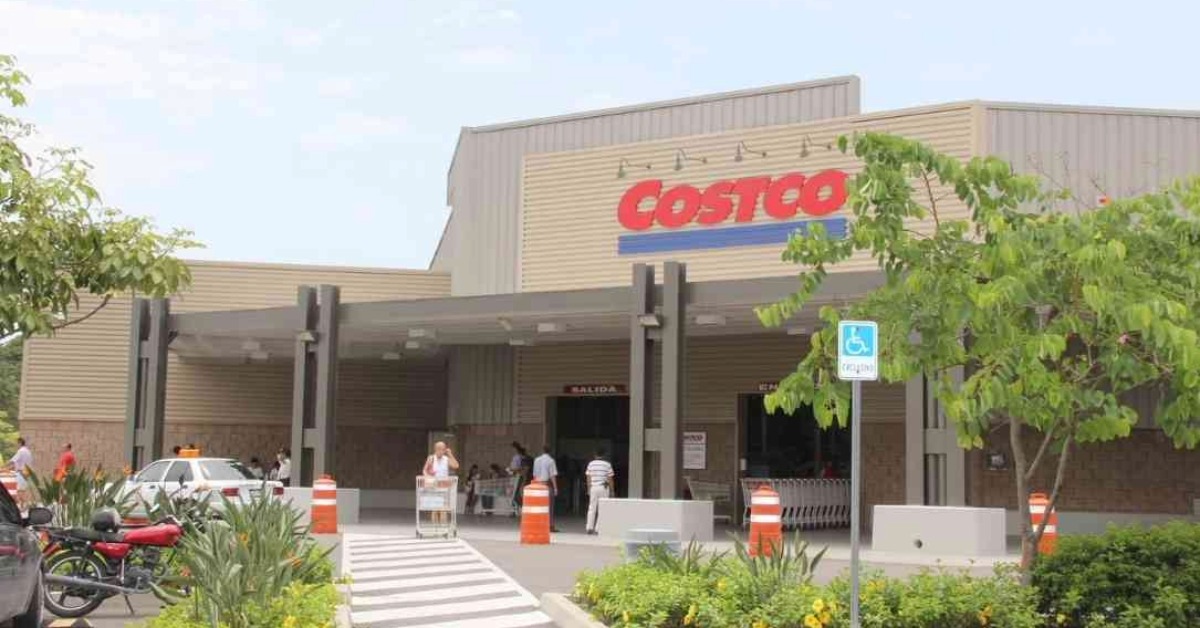The lack of infrastructure to protect unidentified bodies has forced the Jalisco Institute of Forensic Sciences (IJCF) to preserve 157 corpses in the refrigerated trucks has been stinking up neighborhoods throughout Guadalajara.
Until Thursday of last week, the trailer was in a warehouse in Colonia La Duraznera, in the municipality of Tlaquepaque, but due to pressure from neighbors who complained of bad smells, the municipal president, María Elena Limón, asked the state government to remove the trailer with a 48- hour deadline.
The mayor explained that she found out about the presence of the vehicle due to a . . .


